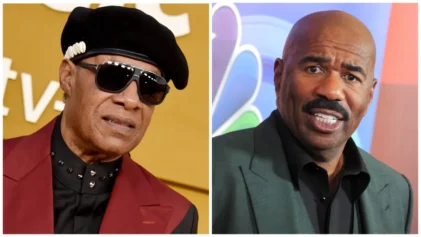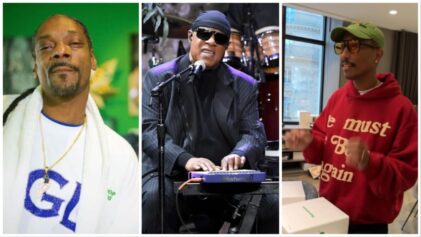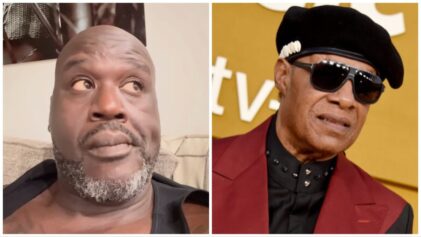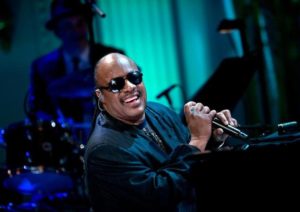
Scientists have recently discovered, however, that the music icon’s blindness may have actually contributed to the development of his talents.
Nobody would argue that losing sight at a young age creates a variety of new challenges and takes a particular toll on an aspiring young musician.
For years, Wonder made it clear that he “never thought of being blind as a disadvantage,” he told The Guardian back in 2012.
Now that researchers are chiming in on the conversation, they believe there is actually some scientific evidence to suggest that being blind has contributed to the unique brain development of blind musical icons.
Research suggests that blind musicians have a tendency to have natural abilities and talent that many musicians with sight don’t have.
The studies all draw attention to heightened levels of music sensitivity after a person loses their sight.
The younger the person is, the more sensitive they may become.
“Blind children’s brains undergo radical changes in order to make better use of the sensory inputs they can gather,” Mic reports. “Numerous MRI and lesion studies suggest that individuals blind since childhood repurpose large portions of their visual cortex in order to respond better to auditory stimuli.”
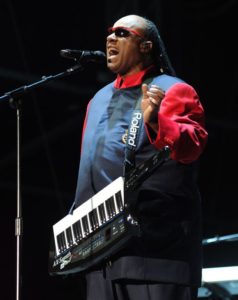
These unique developments give them better chances of having stellar pitch discrimination and pitch-timbre discrimination than other musicians who still have sight.
The changes in their brain usage could also contribute to their ability to determine the position of certain sounds.
“Blind subjects are also far better at determining the position of sounds using a single ear,” Mic continues.
While that is something all people have been proven to be able to do, it is only blind musicians who have been able to do this with only one ear.
The studies ultimately find that blind musicians are likely to thrive when it comes to sound sensitivity and identifying sounds around them, but it’s also important to note that these skills do not directly correlate with sheer musical talent.
As for their taste in music, vocal capabilities and overall creativity, scientists haven’t unlocked the secret to those talents.
Regardless of what may be happening in their brains, how their life experiences have shaped their stories or whether or not they perceive their blindness as an advantage or disadvantage, there is a clearly talented pool of blind musicians who have become successful despite not having their vision.
This collection of blind musical geniuses includes Blues star Blind Willie Johnson, the soul singing icon Ray Charles and opera great Andrea Bocelli.
As for Wonder, he has been continuously praised for his contributions to music and his unforgettable sounds that earned him the number 15 spot on Rolling Stone‘s 100 Greatest Artists of All Time list.
